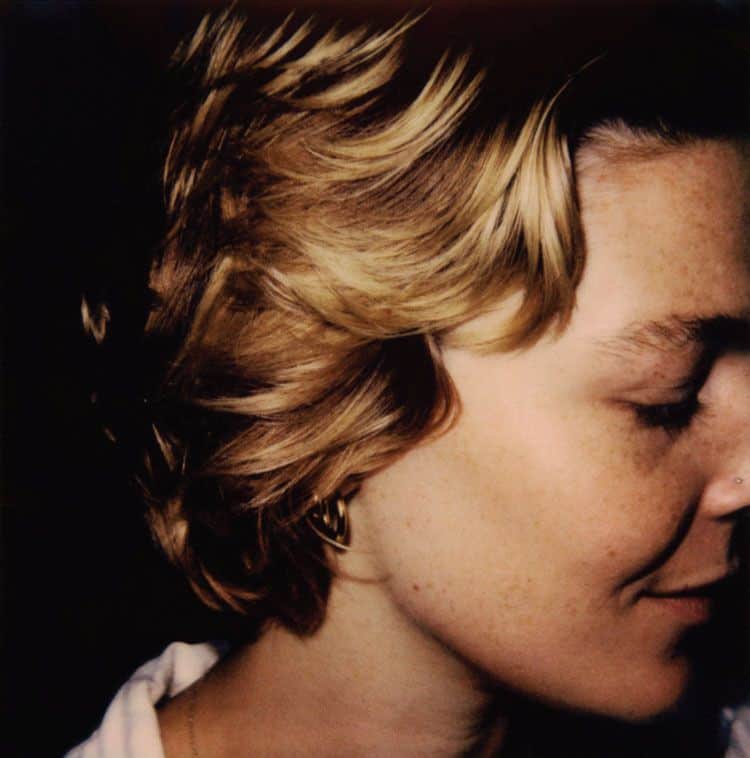As well as being a hardcore cinephile, I am a relatively big history buff. So, I’ve been happy to see the past couple Sunday nights on HBO bring the two together with the new miniseries, “The Pacific.” The series shows the Pacific theater in World War II from the first invasion to the last.
Nine years after making “Band of Brothers,” the producing team of Tom Hanks and Steven Spielberg are depicting the greatest generation once again. This time, the story follows a band of Marines who are dropped onto the tiny islands of the South Pacific.
The miniseries, like Spielberg’s “Saving Private Ryan,” immerses you as close as humanly possible to the harsh realities of war. Filmmaker Sam Fuller once said that the only way you could ever show reality in a war film would be by having somebody in the front of the theater shooting bullets over the audience’s head.
I have never been to war, and I never will. Seeing war films are as close as I will ever get, but I know that these movies aren’t direct representations of what it is like to be in combat. This year’s Oscar winner, “The Hurt Locker,” isn’t a direct representation of that war, but a dramatic glimpse into the psychology of what Iraq would be like.
What the series does with alarming accuracy is portray the feelings and emotions of wartime like “The Hurt Locker.” We will never be able to repay the debt we owe to veterans, yet in some small way this is a testament to our troops.
“The Pacific” is one of the most honorable attempts to show the heroism and hell of war. It honors these men without losing artistic integrity.
There have been many war films. Some work and some don’t. A film like “The Patriot” with Mel Gibson is a gross and offensive work because it doesn’t take war, or the lives that are lost in it, seriously.
The best films about war try and dramatize what it would be like to pull the trigger that would end a life. There is a brutal dramatic tension in films like “Saving Private Ryan”, “Platoon,” and so many others because they think responsibly about death.
“The Pacific” takes this responsibility seriously, and in doing so emerges as a thoughtful anti-war testament. Tom Hanks said in Time that he wants there to be implications of the current conflict in Iraq. Like Spielberg’s earlier film, “Saving Private Ryan,” it shows the hell of war, and through that, it holds the philosophies of the filmmakers. The miniseries is about what war can do to people and how they cope with those demons.
Hanks and Spielberg are both trying to impart a sense of respect in their historical undertakings. This new miniseries is an artistic triumph so far. It dramatizes a part of World War II that isn’t seen as often and does so with impeccable grace.
This is one of the most impressive visualizations of war ever put on film. It is such an important piece of filmmaking that Hanks and Spielberg were invited to the White House to screen the first episode for President Barack Obama.
I believe that it is a series that will be remembered for years to come. Not just as a landmark for the further documentation of war, but as an outstanding piece of filmmaking. I hope that is receives the audience and the acclaim that it deserves.






